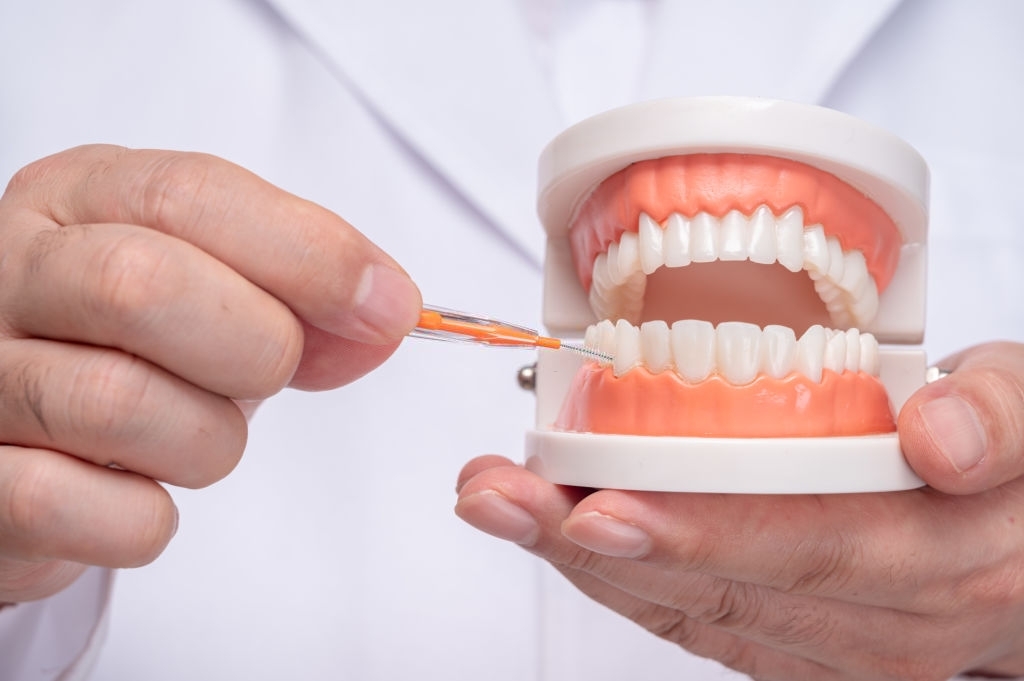
Coronavirus has affected and delayed the plans of many people. Many of these plans that had to be postponed or entirely canceled included travel due to the strict regulations most countries created for safety measures. However, in 2021 the world has begun opening its borders again, slowly but surely, particularly as people are getting vaccinated and progressing towards a state of herd immunity. This is excellent news for people who had to change their plans, as by the end of 2021, most countries have goals to have eradicated, if not have complete control, of Coronavirus. This means ideas can begin being put into action, as by the end of this year, it should be relatively safe to travel. This is especially true for countries like Korea, which from the get-go had stayed on top of the situation regarding the spread and control of the virus. They also have plans to have most of their population vaccinated by the end of the year if all current trials of the vaccine the country is carrying prove the positive results shown in others. In the meantime, to keep the virus under control, South Korea put in place many restrictive regulations such as:
- Maintaining gatherings under four people.
- Establishments such as bars and restaurants all closing by 10 PM (though delivery is still available afterward).
- Fines for anyone caught not wearing a mask.
- Social distancing of 2 meters (particularly in schools, restaurants, cafes, etc.).
- Whenever there is a rise in cases or a local one (such as in a school), a temporary online ‘lifestyle’ is required with self-quarantine and an immediate Corona test.
- Pop-up testing centers around the country, particularly in the cities, to prevent infected people from coming in contact with others and overloading the hospitals.
- A mandatory 2-week quarantine for anyone coming back into Korea (regardless of nationality) at home or in a government facility if visiting (paid for by yourself).
The previous list is thorough. However, it is subject to change as cases rise and fall or as certain clusters of infected groups appear in specific regions. Therefore, regardless of when you are planning to come, it is necessary to review official government sites such as those included in this article for the most up-to-date information. This will prevent any problems later on, such as incurring heavy fines or deportation. If you are planning to come to Korea this year, as of now, some things to expect include:
- Temperature screening and filling out a Health Questionnaire at the airport.
- 2-week mandatory quarantine in your Korean home (for nationals or foreign national residents) or a government facility for short-term visitors or if a national’s home is considered ‘unfit,’ that will have to be paid for by yourself.
- Generally, costs about KRW 1,680,000 per person (~$1,600).
- Housing will be random and cannot be changed nor chosen.
- You will be escorted from the airport to your 14-day housing.
- Must have a negative result on the COVID-19 test 72 hours prior to coming to Korea.
- Re-testing for Coronavirus within three days of your arrival, during quarantine, regardless of having been tested before arriving in Korea.
- Visitors will be tested automatically at their quarantine facility.
- Residents must go by foot to the nearest public test center.
- Usage of public transportation is not allowed.
- Downloading an app ‘Self Diagnosis’ and updating it twice daily with any symptoms and a daily call from the KCDC.

If, for some reason, you do test positive once you are in Korea, you will be responsible for some, if not the whole, cost of expenses related to Covid-19.
- Some costs:
- If you are visiting short-term, The Government of the Republic of Korea will cover costs related to (a) test and (b) the use of isolation facility, whereas individuals will bear costs related to (a) treatment and (b) food, among others.
- Long-term visitors (Alien Registration Cardholders) will have similar payments as short-term. However, due to the mandatory health coverage that long-term residents must-have, the individual cost will be decreased to about 20% of what a short-term resident would pay individually.
- Full costs:
- If you contracted the virus due to breaking quarantine or the regulations stated previously, submitting a false PCR test, etc., you would be 100% responsible for all costs.
As you can see, it is crucial to have acquired insurance prior to making a trip to Korea in order to be safe in case of any unexpected costs arising throughout your trip. If, when coming to Korea, you do not comply with the quarantine guidelines, you may face up to 1 year of imprisonment or a KRW 10 million fine for violating the Quarantine Act and Infectious Disease Control and Prevention Act. Furthermore, according to the Immigration Act, foreign nationals violating the regulations may face deportation or a ban on entry into Korea.

A sub-category was pictured earlier for asymptomatic individuals, which described the procedure for those exempt from quarantine. If you are asking yourself, ‘how can I be exempted from quarantine?’ just know the list is quite restrictive for who falls under this category. As of now, only those who hold an A1 (Diplomat) or an A2 (Government official) visa or a Quarantine Exemption Certificate that the Korean Embassy or Consulate-General issued prior to the entry may be exempt from quarantine. However, this list most recently expanded to include people who have been fully vaccinated in Korea. In April, the Korean government announced that if you are fully vaccinated in Korea, the quarantine regulations are now waived as of May 5th, 2021.
All in all, if you had Korea on your list of possible countries to travel to, it is a possibility. There are, of course, quarantine and day-to-day guidelines in place. However, they are quite manageable if you prepare for them ahead of time. As mentioned, be sure to review the most current policies set forth by the government before your trip to Korea to avoid any possible issues throughout your tip here. Additionally, if you are planning on coming to Korea and are considering receiving a treatment or procedure while here due to the incomparable quality and price, be sure to reach out to guide medical companies. They often create packages that include everything you would need throughout the trip (i.e., housing, transportation, a translator, your treatment). This makes it significantly easier to create plans and feel comfortable throughout your trip while also saving money. Safe travels!


